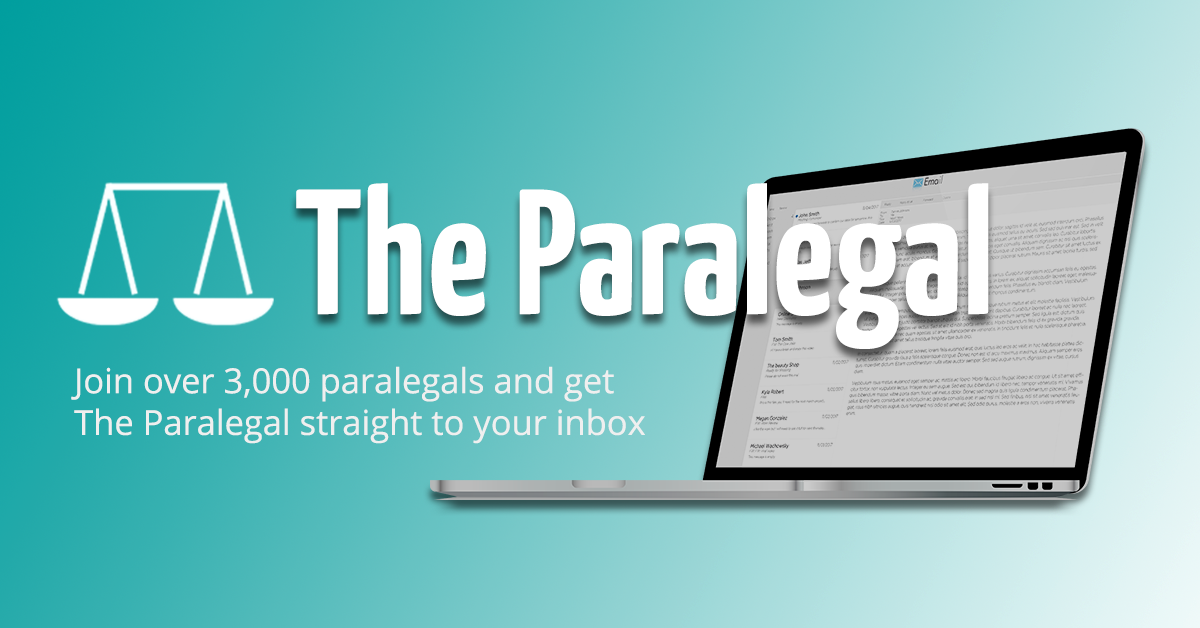What is a Paralegal?
A paralegal is someone who does legal work in a variety of settings such as in a company, law firm, local authority, charity or in government and may offer legal services as sole traders, freelancers or through paralegal law firms or businesses.
Paralegals make up the largest sector of legal providers in legal services within the legal system.
By "legal work" we mean advising and assisting with the law in the same way that a solicitor advises and assists clients. Professional paralegals who can demonstrate successful completion of qualifying work experience and/or paralegal studies or qualifications can provide legal services to consumers, but should seek independent regulation via the Professional Paralegal Register (PPR).
Paralegals work in every area of law and can do more than 90% of the work that a solicitor can do. Paralegals cannot however undertake Reserved Legal Activities under the Legal Services Act and cannot hold themselves out to be solicitors.
Paralegals have many skills including drafting legal documents, negotiating with clients and third parties, communicating both with clients and with other legal professionals, and are relied up to have good attention to detail.
Many paralegals have different job titles: caseworker, contracts manager, legal assistant, legal secretary, compliance officer, housing assistant, company secretary, volunteer adviser, counsellor, trademark clerk etc. Many senior legal secretaries also do paralegal work despite still being called legal secretaries. Paralegals may work full time or part time.
You are potentially a paralegal if you do paid or unpaid legal work for your employer or for clients or someone else. Your job title is irrelevant. What counts is that you do legal work sufficiently often to legitimately be considered as a (non-lawyer) legal practitioner.
Only one in three paralegals works for a solicitors' firm. The rest work for the government, the not-for-profit sector, companies, charities, industry etc.
The Institute provides you with access to the profession and the ability to be licensed via the Professional Paralegal Register (the regulatory scheme for Paralegals). Please beware that only Paralegal Practising Certificates (and not ‘licences’ provided by other providers) are deemed to be of a high enough standard to be regulated. You should not in our opinion aim to become a Licensed Paralegal but a Professional Practicing Paralegal through the Institute.
If in doubt about whether the work you do counts as legal work then ask the Institute at [email protected]. We will be happy to advise you, whether you are a member of the Institute or not.
Legal Support staff
'Legal Support Staff' is the term used to describe people who work in a legal environment (e.g. law firms, legal departments, courts, the police and many government departments etc.) who do not do legal work themselves, but support those who do.
The type of support varies widely, it may be secretarial, accountancy or post room support, or it may be business support: marketing, HR, finance, learning & development and the like. The common thread is that individuals work in a legal environment and so need to be aware of the legal, ethical, regulatory and risk management implications inherent in working in that legal environment.
There are levels of membership at the Institute for all legal support staff.
How to become a Paralegal
Unlike for solicitors and barristers, there are no formal qualifications or accreditations that you need to obtain. Most paralegals begin their careers by learning on the job. However, as the profession of paralegal continues to grow it has been essential to be part of an independent regulatory scheme. There is only one scheme in the UK which is run by the PPR.
The Paralegal profession is not statutory regulated, however with the completion of the Independent Review of Legal Services Regulation to be published in 2020, the Institute has kept abreast of and been involved in discussions to ensure the Paralegal sector has been equally considered prior to it making suggestions for improvements to regulation that may affect our profession.
Part of the Institute´s remit has always been to set the competency standards for the profession. This has helped to form a recognised competency framework for the paralegal profession. These standards will be reviewed and updated to reflect the changing technological advances within the sector.
There are no particular qualifications or skills that you must first possess before you can apply for a paralegal job. You become a paralegal simply by getting a job as a paralegal.
That said, competition for places is often fierce – especially if you wish to work in a solicitors’ firm. Having completed (or even just be undertaking) a decent practice-orientated paralegal course can often make the difference between a successful job application and an unsuccessful one. However, we must stress that many people get entry-level paralegal jobs without taking any legal qualifications. It is entirely up to you and you should not feel pressured into spending money on a course that you did not wish to do. You can try applying for posts and see how you get on. You can consider taking a course if that approach is not successful. Alternatively you can sign up for a course now which has the advantage of signalling to potential employers that you are serious about your application.
If you choose to do a course make sure that it is:
(a) practical and not academic in nature. Law degrees, for example, are often considered almost worthless by many solicitors’ firms
(b) a recognised course run by recognised provider- look at our Training and Education network
(c) relevant to the area in which you wish to practice. Doing a course in residential conveyancing practice and procedure will not impress many employers if you are applying for a job as a paralegal doing family law work. We appreciate that you may not know which practice-areas interest you. However this is essential homework. Many employers receive numerous unsolicited job applications. A large number of these basically say “I want to be a paralegal, what do you have available?”. Such applications look very weak when compared to ones who saying “I want to be a professional paralegal specialising in personal injury. Your firm has a good reputation for doing work in this area. I would very much like to work with you as a paralegal specialising in that practice area.”
There is no such thing as a trainee paralegal. What there are instead are entry-level positions. That is what you would be applying for.
What we would recommend you do to maximise your chances of getting a job as a paralegal are:
1. Get any experience of paralegal work you can. It doesn’t matter how you get the experience, all that matters is that you have it (volunteering at Citizens Advice Bureau is a way to do it).
2. Do a legal course in the UK. Do not wait until you have completed it before applying for paralegal jobs. The fact that you are doing it means you are learning essential information right now, and right now the very fact that you are doing the course now shows your commitment to becoming a professional paralegal.
3. Join the Institute Paralegals. By showing that you are a member of the lead professional body you also show that you are determined to be a professional paralegal. The benefits for individual members includes approximately 40 discounted products and services, free legal updates delivered by email daily in a range of legal areas, a monthly newsletter, access to the benefits of Law Care and smart badges for client protection.
The Institute is also a Recognised Body of the Professional Paralegal Register (PPR) and you would be entitled to be Registered for an additional £25; for a Tier 2 and above member, you could apply to be Regulated by the PPR by way of Paralegal Practising Certificates.
4. Attend our Paralegal Conference yearly for insights and updates in law and practice for Paralegals.
We would like to also take this opportunity to advise you that the Institute is developing an online virtual learning platform and will be launching a suite of qualifications soon.
Although anyone can at present call themselves a paralegal, most employers recognise that the best paralegals have a mixture of experience gained whilst working and educational attainment. If you are not sure whether your work qualifies you for membership, please contact us and we would be happy to advise.



